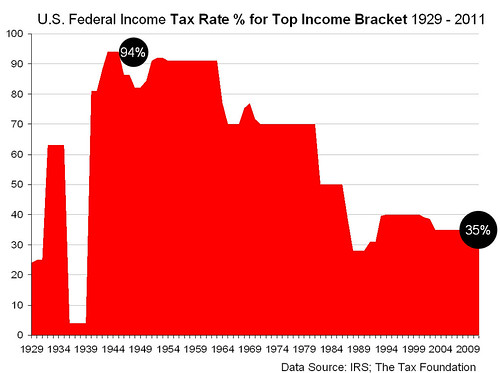In this section, the civil penalties like when one does not
file the tax but having paid the taxes by due date will also attract a penalty.
In case if a person substantially understate his or her tax, or file an
irresponsible tax return like frivolous return, or failing to provide the
SSN-Social Security Number will also suffer by the penalties of IRS. The civil
fraud penalty will apply and payable by persons who provide dishonest or
unlawful information.
The failure-to-file penalty may be applied to persons when
they do not file tax return by due date including and even after utilizing the
credit period through extension forms, this penalty amount is calculated at 5%
for each month or part of a month based on the delay or lapse period of tax
return however treated as late. The
maximum penalty chargeable by IRS is not more than 25%.
When a person is found that the failure to file tax returns
is due to his fraud or being unethical, the penalty will be charged as 15% for
each month or part of a month based on the lapse period of tax return but
however treated as late and the maximum penalty chargeable by IRS may be 75%.
When the tax return was delayed by more than 60 days even
after the due date or including the extended due date as per extension forms,
the IRS minimum penalty will be smaller of $100 or 100% of the unpaid tax. If
the reasonable cause is justifiable to IRS that that the filing and paying
delay of tax was due to genuine reasons and not because of will full neglect,
then one is forgiven and do not have to pay the penalty.
 |
| Src: Flickr |
One has to pay the failure-to-pay penalty of 1/2 of 1% of
one’s unpaid tax for each month, or part of a month, after the due date that
the tax is not paid. This penalty does not apply during the extension period
available by filing Form 4868, Application for Automatic Extension of Time To
File U.S. Individual Income Tax Return, if one has paid at least 90% of his/her
actual tax liability before the original due date of your return through
withholding on wages, estimated tax payments, or a payment sent in with IRS
Form 4868. If a notice of intent to levy is issued, the rate will increase to
1% at the start of the first month beginning at least 10 days after the day
that the notice is issued.
If a notice and demand for immediate payment is
issued, the rate will increase to 1% at the start of the first month beginning
after the day that the notice and demand is issued. This penalty cannot be more
than 25% of his/her unpaid tax. One will not have to pay the penalty if they
can show that he/she had a good reason for not paying their tax on time. This
failure-to-pay penalty is added to interest charges on late payments.
The Combined penalties are that if both the failure-to-file
penalty and the failure-to-pay penalty apply in any month, the 5% (or 15%)
failure-to-file penalty is reduced by the failure-to-pay penalty. However, if a person file his/her tax return as delayed
for more than 60 days after the due date or extended due date, the minimum
penalty is the smaller of $100 or 100% of the unpaid tax.
IRS wants to be just and even so as to be reasonable to
taxpayers despite their various shortcomings as shown in these chapters and so
it is always better to avoid the penalties than overcoming it. Please visit IRS
certified and authorized tax service partner http://www.Etax4868.com
for queries relating form 4868.





Very Useful Information 1099 MISC Form Online
ReplyDelete